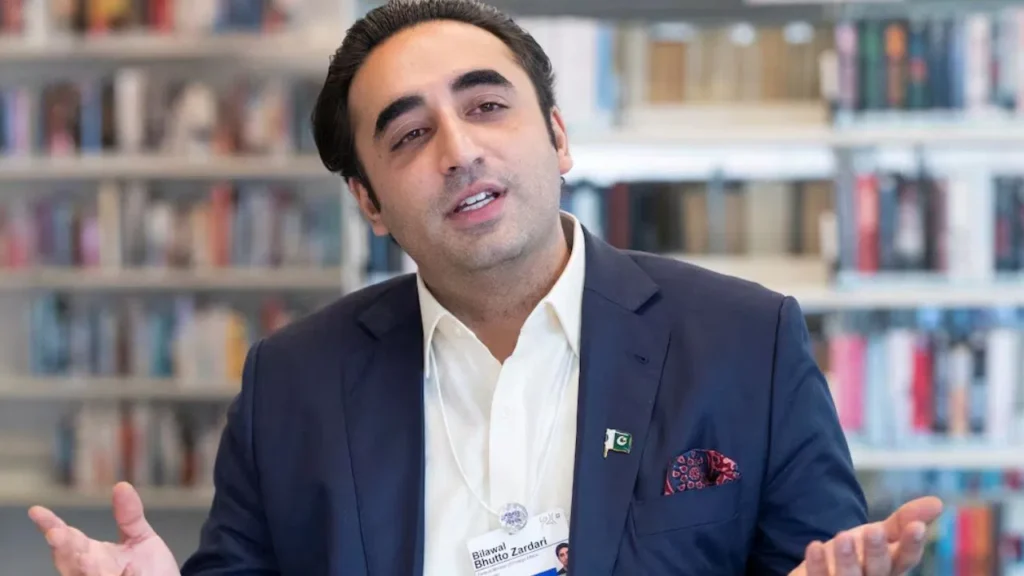Why Is Pakistan’s Diplomatic Move Seen as a Copycat?
Following India’s launch of Operation Sindoor—a counter-terrorism operation targeting nine terror camps in Pakistan and Pakistan-occupied Kashmir (PoK) after the April 22, 2025, Pahalgam attack—India deployed seven all-party delegations to 33 world capitals to articulate its zero-tolerance stance on terrorism. These delegations, including leaders like Shashi Tharoor and Supriya Sule, aimed to build global consensus against cross-border terrorism. In response, Pakistan announced its own delegation, led by PPP Chairman Bilawal Bhutto Zardari, to promote a “case for peace” and counter “Indian propaganda.” This move, announced hours after India’s, has been labeled “copy-paste diplomacy” by critics, including Pakistani media, for its blatant imitation and lack of originality.
Pakistan’s delegation is seen as a reactive effort to salvage its tarnished international image, especially given its history of supporting terrorism, which Operation Sindoor directly addressed. The Pahalgam attack, killing 26 tourists, was traced to terror groups like Jaish-e-Mohammed and Lashkar-e-Taiba, operating from Pakistani soil. Critics argue that Pakistan’s attempt to mirror India’s diplomatic outreach lacks strategic depth and fails to address the root issue—its credibility crisis on global platforms. The international community, already skeptical due to Pakistan’s record, views this as a desperate bid to deflect blame rather than a genuine peace effort.
Why Critics Call Pakistan’s Diplomacy “Idiotic”
The term “idiotic” has surfaced in critiques due to several factors. First, Pakistan’s delegation is perceived as lacking substance. While India’s outreach leverages a diverse political spectrum and a clear anti-terror narrative grounded in the UN Charter’s self-defense clause, Pakistan’s message struggles against overwhelming evidence of its ties to terror groups. This makes Bhutto Zardari’s mission an uphill battle, unlikely to sway global opinion. Second, the timing and mimicry of India’s strategy expose Pakistan’s reactive nature, undermining its diplomatic credibility. Rather than proposing a proactive peace framework, Pakistan’s move appears as a knee-jerk reaction, further eroding its standing.
Bilawal Bhutto is being sent to represent Pakistan because he belongs to a powerful political family that boasts of money, influence, land, two former Prime Ministers and a sitting President. And he can speak English. This is exactly why he was FM. No qualifications. No…
— Major Gaurav Arya (Retd) (@majorgauravarya) May 18, 2025
Moreover, the optics of Pakistan’s delegation are poor. India’s Operation Sindoor was a precise retaliation, avoiding civilian and military targets, and has garnered muted international support, with countries like Israel endorsing its self-defense rationale. In contrast, Pakistan’s retaliatory shelling and drone strikes, which killed civilians, have drawn condemnation, weakening its “peace” narrative. Critics, including voices on X, argue that Pakistan’s diplomacy risks re-hyphenating itself with India, drawing unwanted scrutiny to its terrorism links without gaining international solidarity. This combination of imitation, weak messaging, and poor global perception has led to the “idiotic” label, highlighting Pakistan’s diplomatic misstep in the shadow of India’s strategic offensive.





















